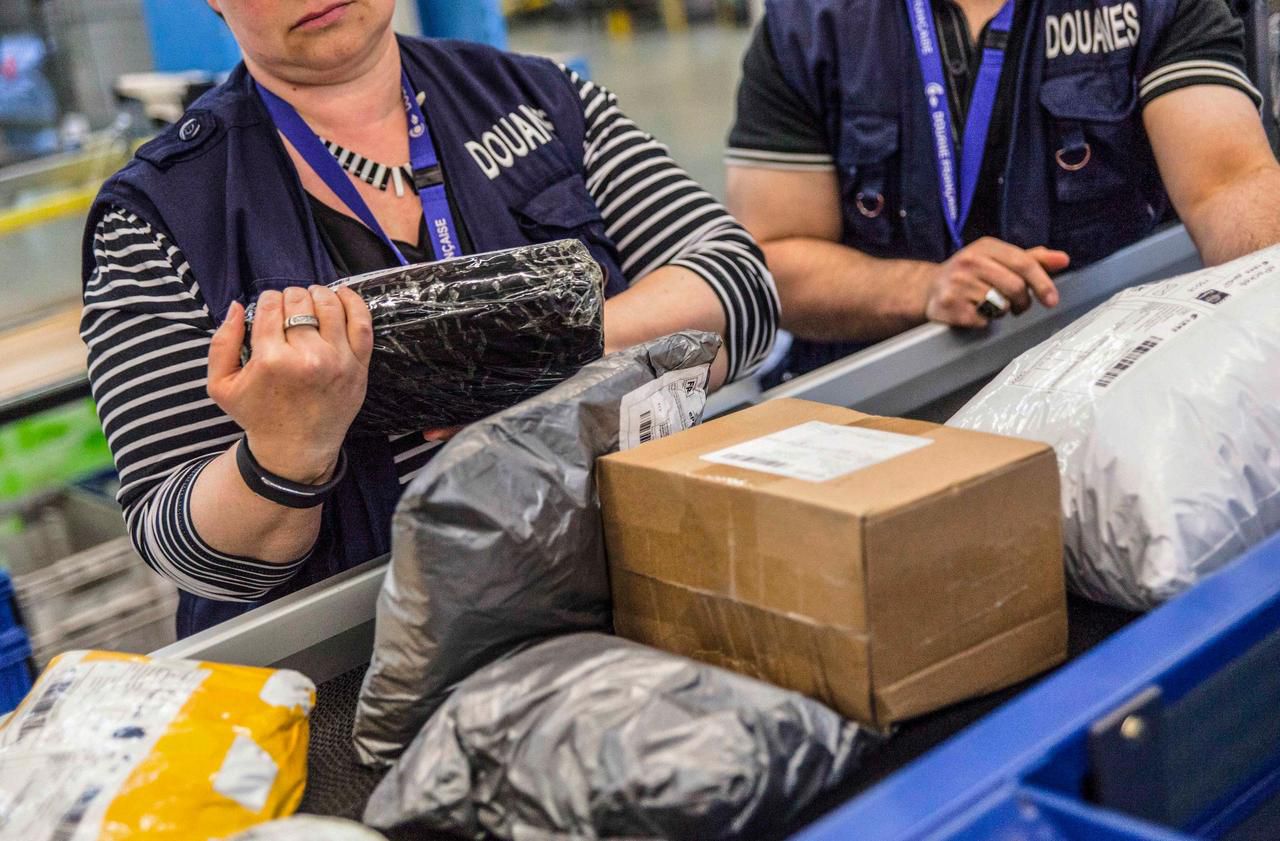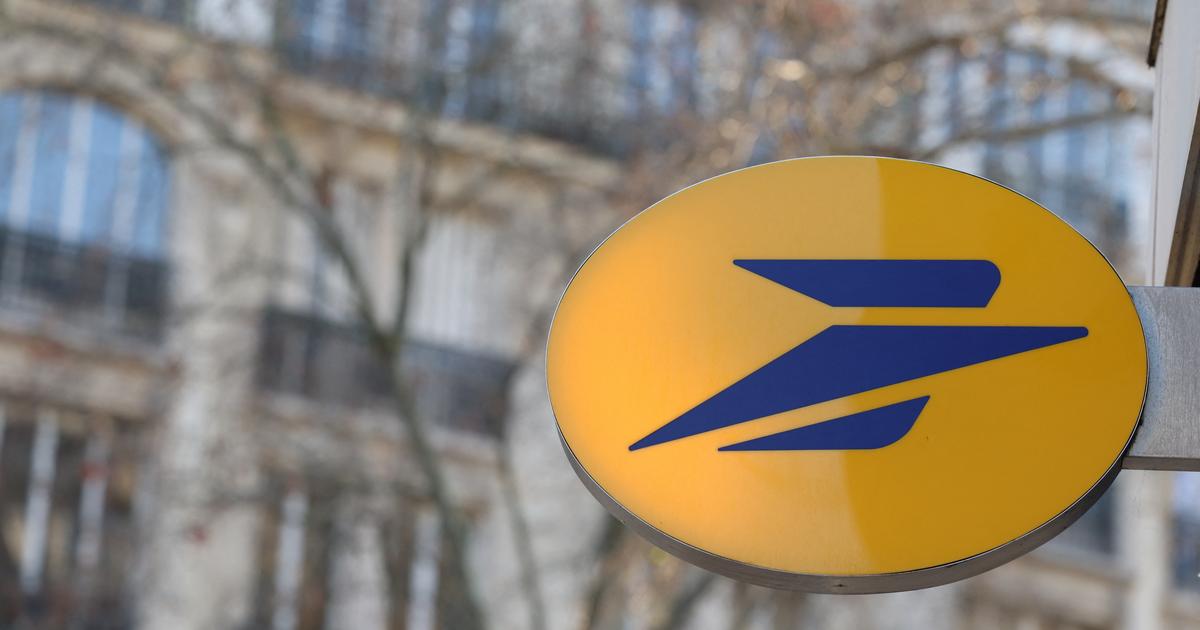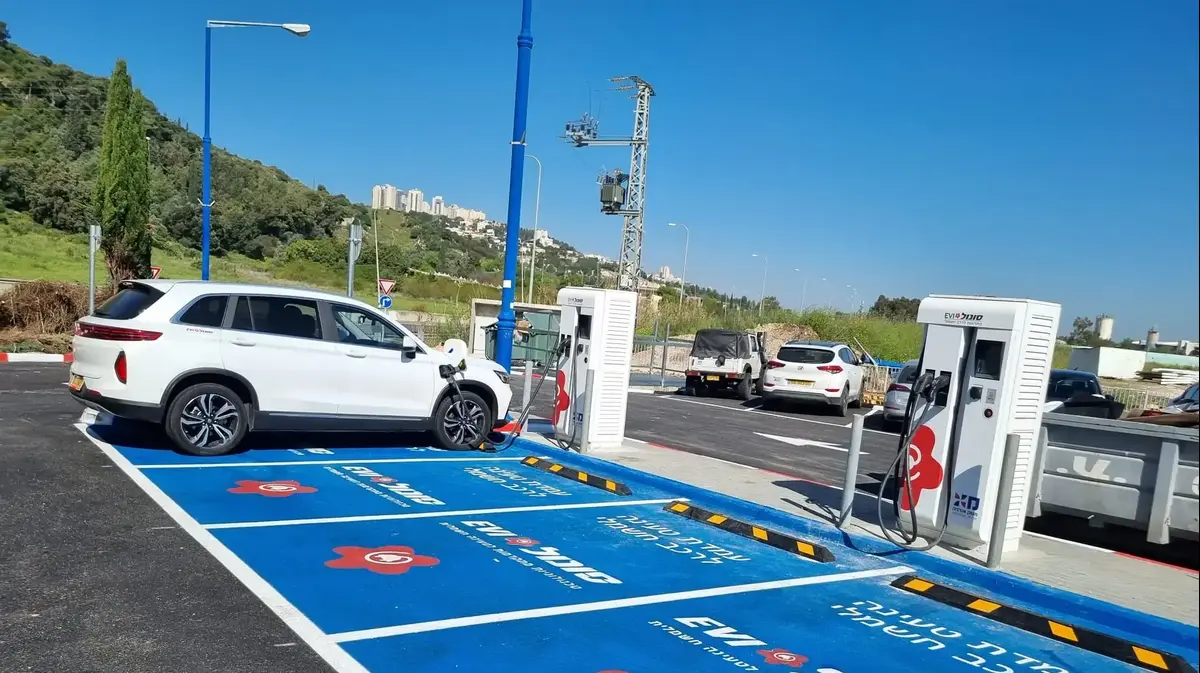On the huge tarmac at Roissy-Charles-de-Gaulle airport this August 18, a large twenty investigators from the air transport gendarmerie are on the lookout.
A week earlier, police officers from the Anti-Narcotics Office (Ofast) learned that a large package of cocaine from Colombia, sent by a well-established carrier, was expected in Paris.
According to Ofast information, the package must be collected and taken out of the airport by an employee of this company.
A hideout was set up near the parking lot of the plane, chosen by the investigators.
Several teams are working with the device: the parcel pallets are unloaded, then transported to a storage platform before being emptied.
The suspicious packet is tracked.
As he leaves the airport, the man identified by Ofast is arrested.
In his package, 52 kg of Colombian cocaine.
This man "with an interesting profile" was indicted by a judge of the specialized interregional jurisdiction of Paris, and placed in pre-trial detention.
This large-scale seizure confirms the new drug supply trend by post and express courier.
Cocaine, cannabis, synthetic drugs ... the traffickers compete in ingenuity to thwart the controls.
"For four or five years, we have seen the emergence of online commerce, and traffickers inevitably adapt to the evolution of the economy by using the same vectors to transport drugs on the international scene and in France" , observes magistrate Samuel Vuelta-Simon, No. 2 of Ofast.
The phenomenon would have appeared around 2014, but would have accelerated during the confinement, with the locking of the road and air network.
READ ALSO>
Essonne: behind the scenes of the largest postal customs office in France
Supplies of cocaine by postal freight or courier have in particular been identified from the West Indies and Guyana.
In August, at Orly airport, Customs intercepted a 5.5 kg package of cocaine from Martinique.
In the process, two men were arrested by Ofast who took over the case.
In 2018, the Central Office for the Repression of Illicit Traffic in Narcotics (OCRTIS) had also launched an investigation which in recent months has enabled the disabling of cocaine traffickers specializing in express freight parcels between Antilles and the metropolis.
Four people responsible for recovering the packages at airports were arrested.
Networks using express messaging have also been identified to deliver khat, this euphoric plant cultivated in Africa.
Finally, members of the Chinese mafia have specialized in shipping chemical drugs designed in Asia by postal freight, as well as grass cultivated in Spain.
“The merchandise is shipped in sealed bags but under vacuum to remove odors” notes an agent.
Helpless Post and Courier Companies
Last year, customs, which controls postal and courier freight, seized 625 kg of cannabis and 340 kg of cocaine, shipped in simple letters or small parcels.
Figures that the authorities estimate on the rise, given the classic circulation difficulties during the health crisis.
Especially, faced with the immense flow of parcels, the post office or express delivery companies, which rarely have sophisticated scanners, are often powerless to spot the suspicious parcels they are sending.
Newsletter - Most of the news
Every morning, the news seen by Le Parisien
I'm registering
Your email address is collected by Le Parisien to enable you to receive our news and commercial offers.
Learn more
And in sorting centers, customs officers who take random samples cannot control everything.
They therefore focus on the regularity of parcel reception or on certain high-risk countries, which are particularly monitored, but are struggling to completely stem the phenomenon.
"Work more upstream"
Proof of the sensitivity of the problem, the European Union recently advised member countries "to put in place equipment to detect these illicit substances".
On the Ofast side, links are also forged with carriers.
But that's not always enough.
To identify senders and not just wait for letters and parcels, the Office has just created a team dedicated to the postal vector.
“We have to change the way we operate,” says Samuel Vuelta-Simon.
Our wish is to work further upstream, sometimes abroad, on these criminal groups who use the mail to transport drugs.
"
Because this new simple and accessible operating mode arouses a lot of interest.
“Especially among small traffickers or intermediary networks who struggle to ship drugs to Europe for lack of access to sea containers, the prerogative of large traffickers, continues Samuel Vuelta-Simon.
Fighting against this new way of exporting cocaine therefore becomes a priority in order to prevent these smaller networks from taking advantage of a simple letter to open up new markets… ”














